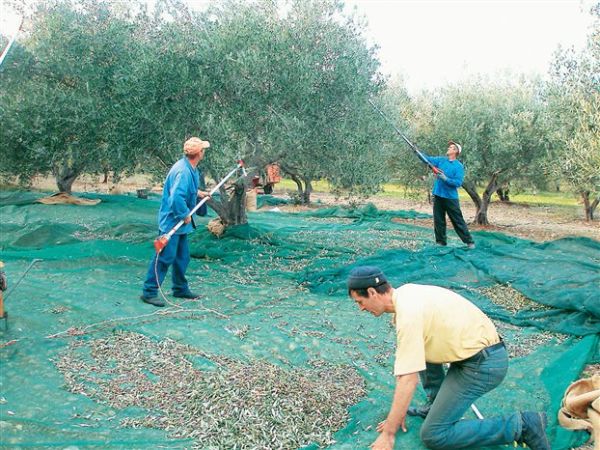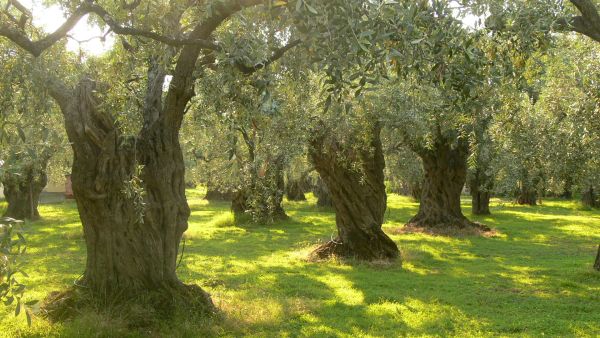Photo: kathimerini.gr
Climate change can have many negative consequences for the ecosystems of the future but olive growers might however "save their skin" or even benefit from it. Recent research conducted by Italian scientists shows that olive plantations in the Mediterranean region (including Greece) will be one of the few crops that will benefit from the rise in temperatures by giving a higher yield and therefore greater profit.
The researchers, led by Luigi Ponti from the Agroecosystems Management Laboratory at Casaccia Research Centre in Rome, published their study in the prestigious journal of the National Academy of Sciences (PNAS) of the United States. In their opinion, an average 1.8°C rise in global temperature from 1960 to 2050 will boost the development of olive plantations, impeding, at the same time, the survival of their biggest enemy, the olive fly (Bactrocera oleae).

Photo: tovima.gr
According to the research, in the Mediterranean basin, which produces 97% of olives worldwide (according to the International Olive Council), climate change will increase their production by 4.1% on average and the net profit of olive growers by 9.6%. Of course, not all areas will be affected in the same way. The greatest increase in profitability (in euro per hectare ), by over 41%, will be noted in the regions of North Africa, where the average productivity of olive trees is low today, whereas the expected profits in the eastern part of the Mediterranean, in the Middle East, will decline by about 7%.
According to the researchers, the key factor as to how positive the consequences will be for olive production and for the increase in profitability will depend on how negatively climate change will affect the olive fly (Bactrocera oleae). Since olive trees resist heat better than their enemy does, some Mediterranean areas, which today suffer from the attacks of the pest, will "take a rest" because it will be impossible for the insect in question to live in the warmer environment over the following decades.

Photo: patrisnews.com
The research states that the incidence of pest infestation in the Mediterranean basin will decline by 8% on average, although there will be differences in different regions and even within one country. Thus, while olive fly infestation is about to increase by nearly 6% in Italy and France and to remain almost unchanged in the Iberian Peninsula, Greece, along with Turkey and the countries of North Africa, is among the lucky countries where the cases of damage are about to significantly decrease. This puts Greece (again along with Turkey) among the countries where olive producers will record the largest increase in profits. To the contrary, Egypt, Israel and Palestine will record reduced profitability.
Today, Greece and Turkey report some of the biggest profits from olive plantations, after the Middle East. France, Italy, Spain and Portugal are next in the ranking, the North African countries being at the bottom. It is not expected that climate change will disrupt this "hierarchy" and therefore threaten Greece's position. Also according to the research, due to climate change, olive trees in Greece will bloom and bear fruit 18 days earlier than at present (this is expected to happen in the Iberian Peninsula too).
Thye olive is a perennial and drought-resistant tree that cannot grow in low temperatures (it dies at -8°C and below) which is why it cannot be cultivated in the north.